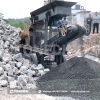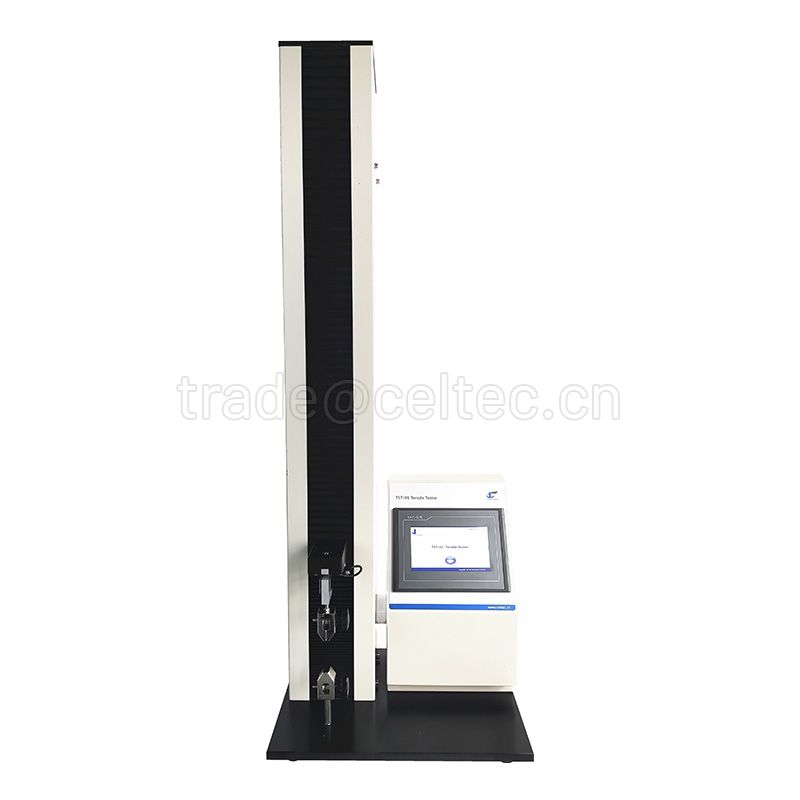6 Things to Know Before Buying a mobile crusher
Understand Your Material Requirements
Before making a purchase, it's vital to have a clear understanding of the materials you'll be processing with your mobile crusher. Different materials require different crushing methods. For instance, concrete, asphalt, and various types of rocks each have unique properties that influence the choice of the crusher. Assess the hardness, size, and moisture content of these materials. A jaw crusher is generally well-suited for hard rocks, while an impact crusher might be more effective for softer materials. This understanding will help you select a machine that not only maximizes efficiency but also minimizes wear and tear, ensuring the longevity of your equipment.
Evaluate Crushing Capacity
The Mobile Crushingcapacity of a mobile crusher is a critical factor that directly impacts your productivity and operational efficiency. When evaluating different models, look for those that offer a high throughput rate, which indicates how much material the crusher can process in a given time frame. This capacity should align with your project timelines and expected output. Additionally, consider whether the crusher can handle your peak production needs. Having a machine that efficiently processes materials at varying rates will enable you to adapt to different job site conditions, thus maintaining productivity even under challenging circumstances.
Check Mobility and Transportability
One of the standout features of mobile crushers is their mobility. Before making a purchase, assess how easily the machine can be transported between different job sites. Look for models equipped with tracks or wheels designed for maneuverability over rough terrains. Moreover, consider the weight and dimensions of the unit; while lighter models may be easier to transport, they must still possess the necessary durability for rigorous operations. Features such as foldable conveyors or compact designs can significantly enhance transportability, allowing for quicker setup and teardown at various locations, which is essential for time-sensitive projects.
Consider Maintenance and Serviceability
Regular maintenance plays a crucial role in the performance and lifespan of your mobile crusher. When evaluating potential models, prioritize those that offer easy access to maintenance points, such as engine compartments, wear parts, and lubrication systems. A machine designed for efficient maintenance can save you significant downtime and operational costs. Additionally, consider the availability of replacement parts and service support from the manufacturer. Manufacturers that provide comprehensive after-sales support can help you address issues swiftly, minimizing disruptions and keeping your operations running smoothly.

What Are the Limitations of Hammer Mill?
Examine Cost and Financing Options
Machinery
How to Choose the Best 1000L Brewery System?
The Benefits of Knowing How Many Cartons on a Pallet
How Semi-Automatic Strapping Machines Transform Packaging Efficiency?
How to Choose 7bbl Brewery Equipment?
2024's Guide to Horizontal Strapping Techniques
The initial purchase price is an important factor to consider, but it's equally important to evaluate the total cost of ownership. This includes not only the purchase price but also ongoing maintenance costs, operational expenses, and potential resale value. Explore financing options that can help you manage the financial burden. Some manufacturers offer leasing arrangements, which may be more favorable for cash flow, especially for small to medium-sized enterprises. Conducting a thorough cost analysis will empower you to make an informed decision that aligns with your budget and financial strategy.
Environmental Impact and Compliance
In today's environmentally conscious landscape, understanding the environmental impact of your mobile crushing station is becoming increasingly important. Look for models that incorporate eco-friendly technologies, such as low-emission engines and features designed to minimize dust and noise pollution. Compliance with local regulations regarding emissions and noise levels is essential, as non-compliance can lead to fines and project delays. Selecting a mobile crusher that prioritizes environmental considerations will enhance your company's reputation as a responsible operator, potentially attracting more clients who value sustainability.
Additional Features and Technology
In addition to the essential factors mentioned, consider the additional features and technologies that modern mobile crushers offer. Many units come equipped with advanced monitoring systems that provide real-time data on operational performance, helping you optimize efficiency. Look for crushers with remote control capabilities, allowing for safer operation from a distance. Safety features, such as emergency shut-off systems and operator protection, are also crucial considerations. Investing in technology can enhance operational safety and efficiency, ultimately leading to better productivity and lower operational risks.
Conclusion
In conclusion, buying a mobile crusher requires careful consideration of multiple key factors to ensure it meets your operational needs. By understanding your material requirements, evaluating crushing capacity, considering mobility and transportability, and assessing maintenance needs, you can make a more informed purchasing decision. Additionally, examining costs, environmental impact, and advanced technology will contribute to a successful investment. Collaborating with experienced manufacturers and conducting thorough research will further ensure that you select the right mobile crusher for your projects, ultimately driving your business's success.
Additional reading:Maximize Freshness with Beer Serving Tanks 2024
Excavator Rock vs. Traditional Gravel: Which is Superior?
Ferment Tank vs. Traditional Fermentation: Which Is Better?
Key Questions to Consider Before Purchasing an Electric Skid Steer
Top 5 Benefits of Basic Pallet Strapping Machine in 2024
How Conveyorized Strapping Systems Solve Packaging Challenges
What should I consider when buying brewing accessories?







